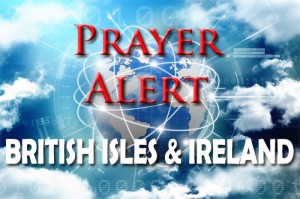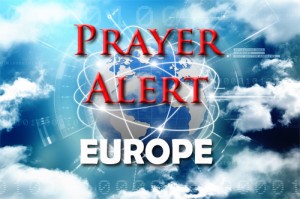Displaying items by tag: future prospects
Europe in 2017
The year 2017 could well be the hardest for Europe since WWII. The new US administration is likely to accept Crimea as a Russian territory if it gets enough in return. At least a cancellation of the sanctions against Russia has already been mentioned. There will be serious discussions in the EU if this happens, with incalculable consequences for the unity of the Union. Another danger for the EU in 2017 is the elections in Holland (March), France (May), and Germany (Sept). In all these countries the populists are strong. If the Front National succeeds in France and Marie le Pen wins the presidential election, that will be hugely difficult for the EU. If Angela Merkel loses her chancellorship, all might be lost. We can only pray and proclaim, ‘For Yours is the kingdom and the power and the glory, for ever and ever!’ Pray for the kingdom values in the political world; truth against falsehood, a sense of responsibility against egotism , and consideration against extortion.
Diplomats in uncharted waters in USA
European diplomats in Washington are relying on ‘strategic patience’ while they try to chart a new course with the White House. Ambassadors, academics and others have personally invested in a strong relationship between the EU and the USA. The relationship is built on a shared belief in European integration. The current version of the EU was established with a treaty signed in Maastricht on 7 February 1992: the anniversary was celebrated this week in Maastricht, New York and other cities. For the USA, the EU has provided a forum for a unified approach towards global issues. Its leaders have worked closely with US officials on trade, counter-terrorism, and sanctions against Russia. Now European officials are trying to come to terms with the new administration and its hostile attitude to the EU - and are wondering how the relationship between Washington and Brussels will evolve in this environment.

